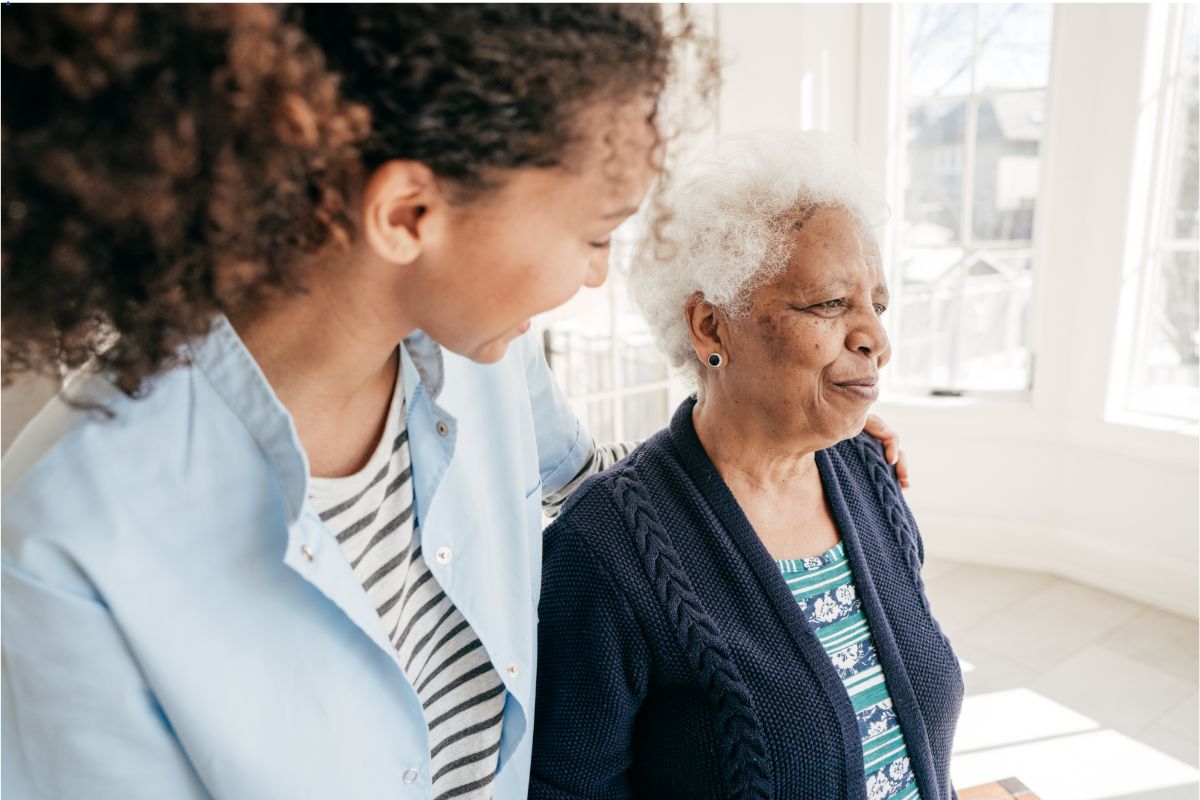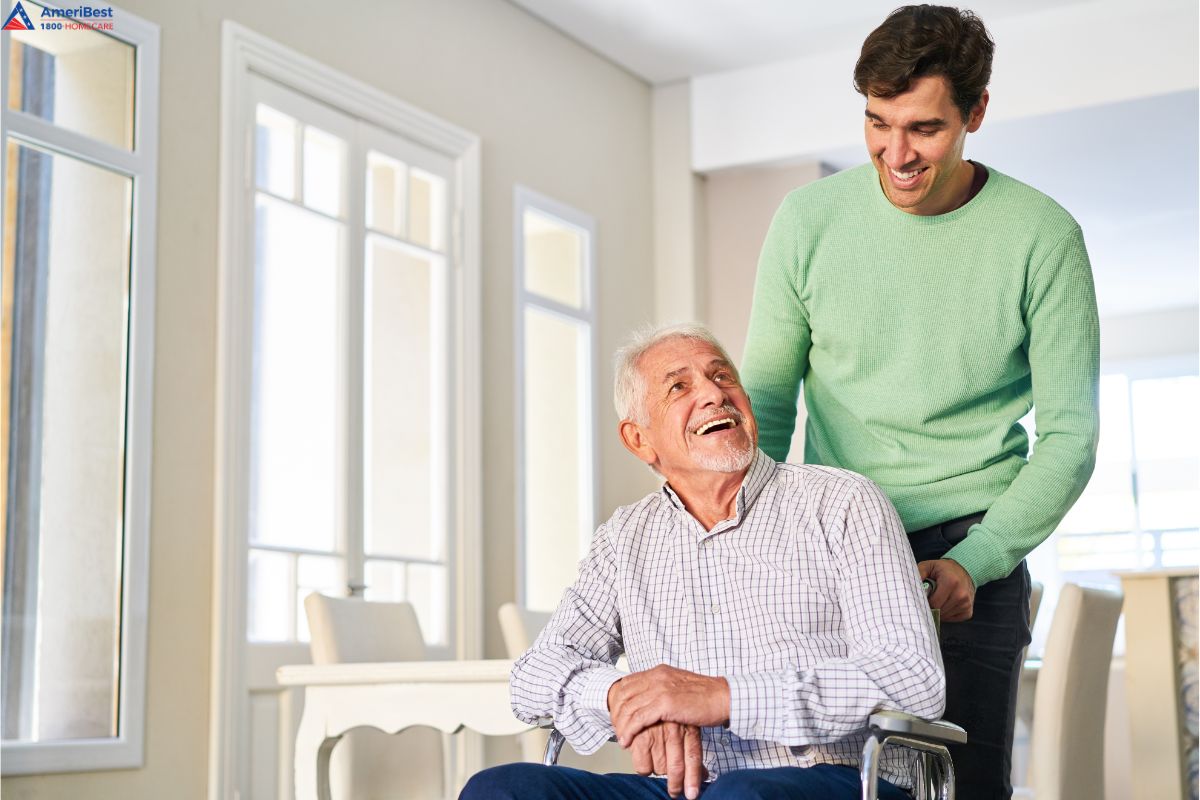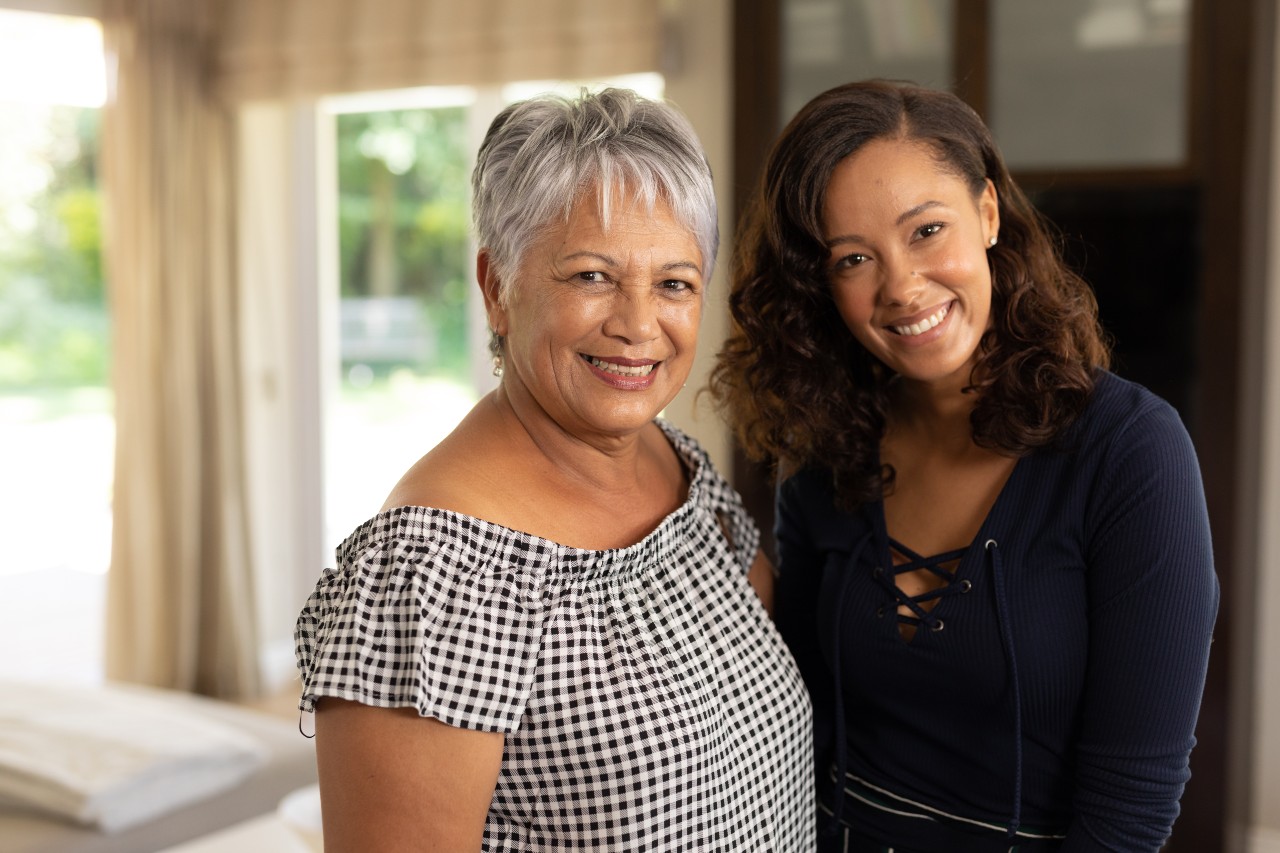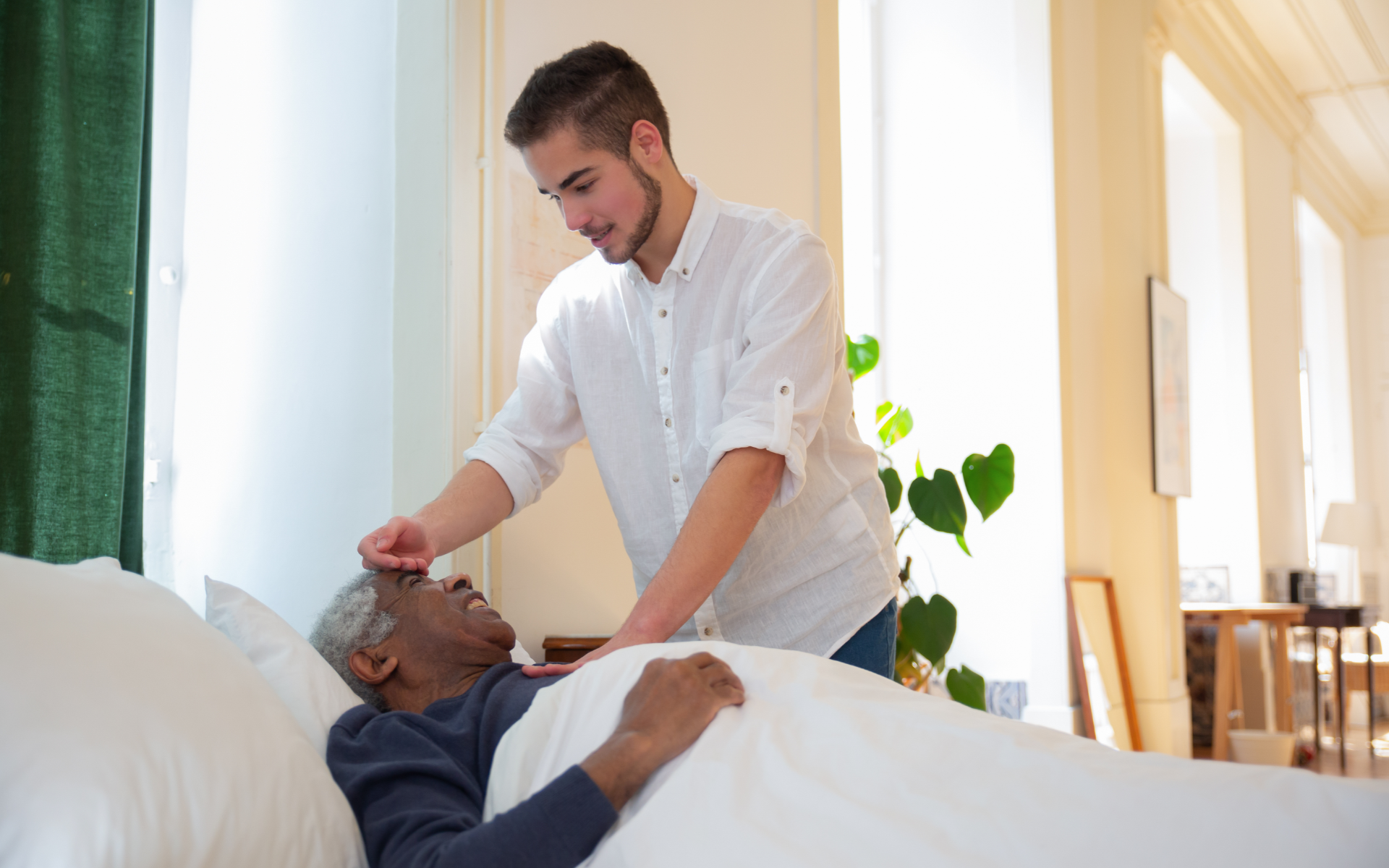Whether it’s sitting outside on a pleasantly warm evening or taking part in a traditional family barbeque, the warmer months of summer are full of delightful activities. For seniors receiving home health care in Harrisburg, PA, the assistance of a caregiver can help you enjoy all that summer has to offer.
But, while getting older doesn’t have to stop you from embarking on summer adventures, there are a few considerations to be aware of. Heat, poor hydration, and sun exposure can pose a risk to your health regardless of your age. Fortunately, we’ve rounded up a few summer safety tips to keep you and your loved ones relishing the warmer months without any woes.
Tip Seasonal Tips for Seniors
According to the Centers for Disease Control and Prevention, adults aged 65 and older have a more difficult time adjusting to sudden changes in temperature, such as seasonal humidity and heat. With this in mind, here are a few tips to help you or your elderly family member stay safe this summer.
1. Be mindful of activity levels
While you may not be running miles or playing rounds of tennis, any moderate to strenuous activity can still cause overheating. Reduce physical activity when the weather is especially warm, or avoid participating during the hottest part of the day.
2. Stay hydrated
Drinking plenty of water is crucial for preventing dehydration. Experts warn that if you feel thirsty, you could already be on your way to becoming dehydrated. Drinking fluids consistently throughout the day, even if you don’t feel thirsty, can help ensure adequate hydration.
3. Recognize the symptoms of dehydration
Knowing the signs of dehydration is just as important as staying hydrated. Mount Sinai states that symptoms of this dangerous condition include:
- Thirst
- Dark urine
- Dry or sticky mouth
- Skin that is dry and cool to the touch
- Muscle cramps
- Headache
Being aware of dehydration signs can help you act quickly when you or your elderly family member may be at risk.
4. Protect yourself from the sun
The sun’s rays can adversely affect your skin, even on cloudy days. Because immunity and skin health naturally tend to decline as we age, your skin can be more easily impacted by the sun and have a harder time repairing itself. Generally, applying sunscreen with SPF 30 or higher is recommended anytime you are outdoors. You can also wear protective clothing such as hats and sunshirts to prevent sun damage.
5. Consider your wardrobe
Speaking of clothing, your wardrobe can either help or hinder your health during the summer. It’s best to avoid dark-colored clothing, which can attract the sun’s rays and increase body temperature. Instead, opt for lightweight, light-colored clothing that is breathable and cool.
6. Protect your eyes
Your eyes should be dressed appropriately, too! Sunglasses help protect your eyes from UV rays. Pair them with a wide-brimmed hat, and you will be all set for safe and comfortable outdoor activities.
7. Be able to recognize heat exhaustion or heat stroke signs
Heat exhaustion and heat stroke are two conditions that can sneak up on elderly individuals during the warmer months. The National Institute on Aging states that older adults are at a higher risk of heat-related illnesses. Both conditions can be very dangerous. Heat-related illnesses such as these can cause symptoms like:
- Flushed skin
- Confusion
- Headache
- Weakness
- Rapid heartbeat
- Dizziness
- Nausea
If you or your elderly loved one has any of these signs, it is important to get help right away. Move them to a cool location, preferably indoors, and give them a cool electrolyte drink while you wait for assistance to arrive.
8. Review your medications
Certain medications, like antibiotics and diuretics, can cause sun sensitivities. Your personal care assistant likely offers medication management, and it’s a good idea to share with them which medications can require additional sun precautions. While you likely won’t have to stay indoors completely, there are steps you can take to reduce sun exposure while outside.
9. Minimize hazards
Whether you are at a family pool party thanks to home health care transportation or simply walking outdoors with your home health caregiver, the warmer months can include trip and fall hazards. Pool decks, outdoor rugs and landscaping, and sandy beaches are all potential problem areas for seniors with limited mobility. Ask your home health caregiver to help keep areas clean and well-lit and assist you with dressing in non-slip footwear.
10. Stay cool
While no one likes an increase in the utility bill, running your air conditioning to keep your house cool during the summer is important. The room temperature should be comfortable, especially when temperatures reach 90 degrees or more. Room temperature has been found to affect elderly individuals’ sleep and ability to communicate. Too hot of a house could put older loved ones at risk of heat-related illnesses. Your home health care agency’s aides can often help ensure your family member’s living space doesn’t get too hot.
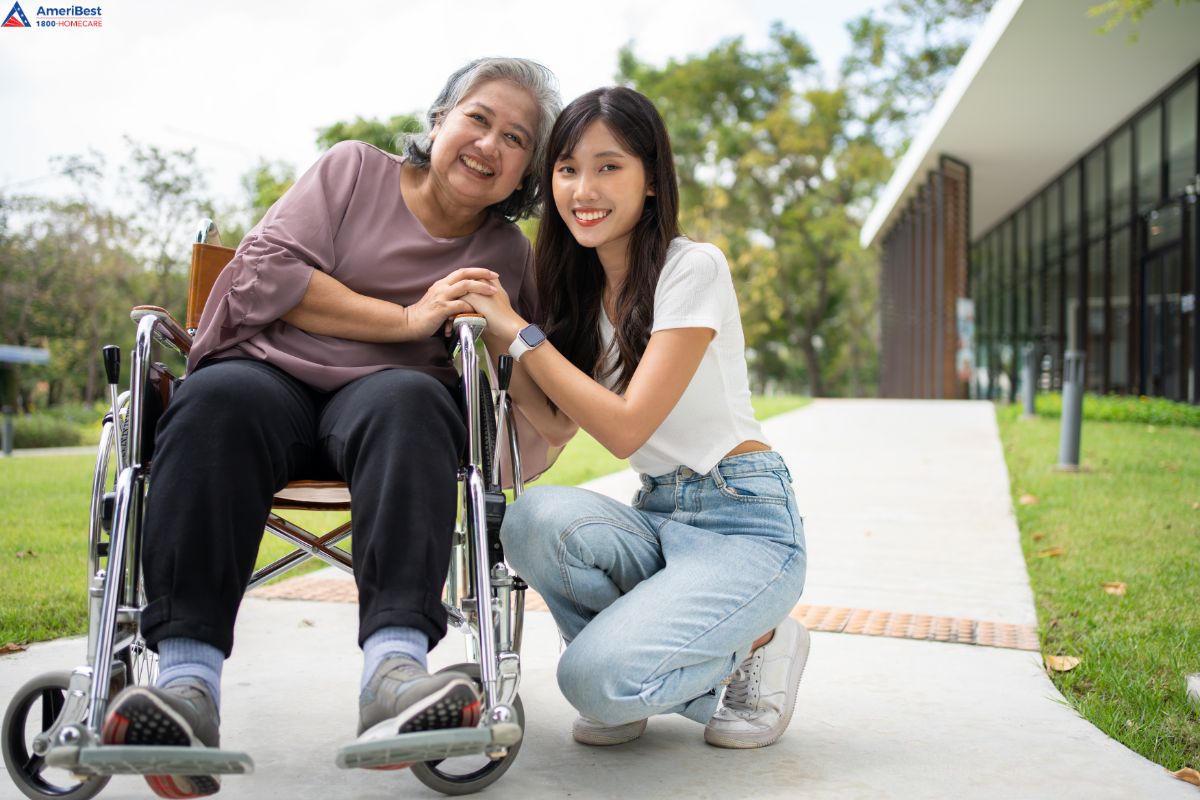
Our Home Health Care Harrisburg, PA Staff are Summer Knowledgable!
At AmeriBest Home Care, our professional staff is knowledgeable about potential risks and necessary lifestyle changes for every season of the year. If you or a loved one is looking for home health care, contact us today. One of our program coordinators will be happy to discuss your family’s needs and help you select the right program and services for you. With locations in Philadelphia, Harrisburg, and Allentown, PA, AmeriBest can make your loved one’s home care experience safe, enjoyable, and enriching.

